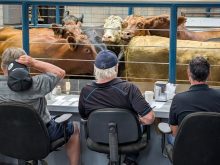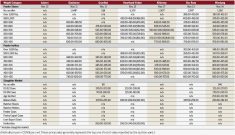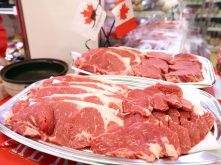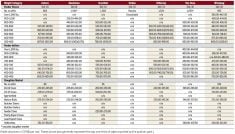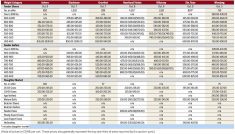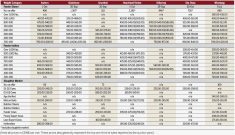You might forgive Cam Dahl for wondering what he’s gotten himself into as the new general manager for Manitoba Beef Producers.
Barely a few weeks into the job, Dahl finds himself in an industry beset with crises, the most immediate being record flooding.
High water levels on Lake Manitoba and elsewhere are forcing cattle producers to move thousands of animals to alternate pastures throughout the province.
When they’ll be able to return is anybody’s guess. Flood waters aren’t expected to recede for months. When they do, they’ll leave severely damaged pastures in their wake.
Read Also
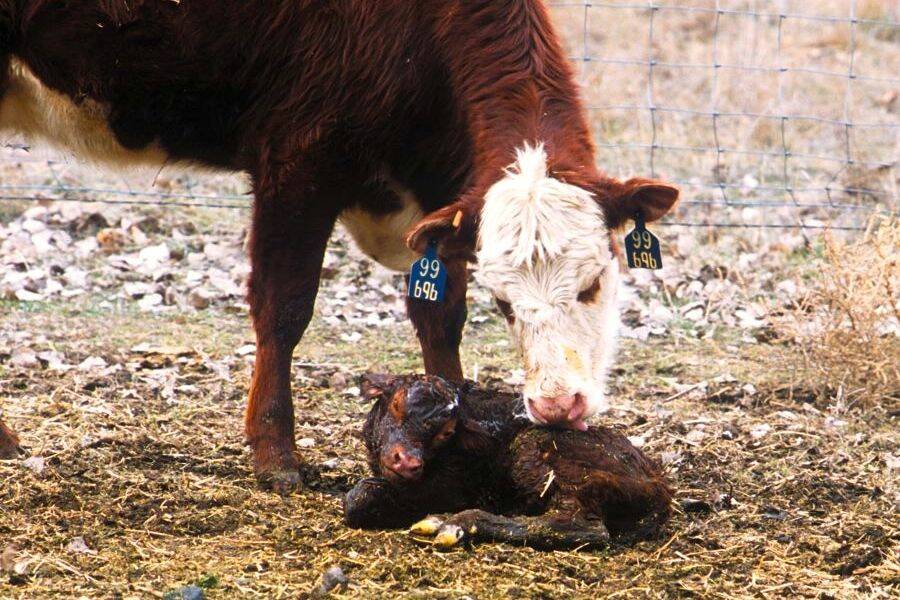
Scours doesn’t hibernate: Infectious risks for cold weather calves
Identifying specific pathogens and management flaws is essential for effective calf scours treatment and prevention on your farm.
There won’t be a hay crop for some producers this year. Already, producers are talking about liquidating herds this fall because they will not be able to feed them.
Longer term, the beef industry is still struggling to recover from the after-effects of BSE. International markets are slow to reopen their doors to Canadian beef. Non-tariff trade barriers (COOL in the U.S., beef hormones in the EU) create additional problems for market access.
Dahl also has the task of working for an organization known for internal dissension and a history of general managers leaving after only a few years. His immediate predecessor Sheila Mowat departed abruptly last November. No reasons were given.
EYES WIDE OPEN
But Dahl says he went in with his eyes open and feels up to the challenge. He had his first board meeting June 9 and was impressed with the positive tone coming from “a really dedicated group of people.”
MBP has been quick to request emergency government aid for flooded cattle producers. The association recently met with federal Agriculture Minister Gerry Ritz and Manitoba Agriculture, Food and Rural Initiatives Minister Stan Struthers to request a special feed assistance program this fall.
Dahl is deliberately vague on details. But he says the program could provide incentives to grow greenfeed on cropland which cannot be seeded this spring because of wet conditions. Manitoba crop insurance officials predict a record number of unseeded acres could qualify for Excess Moisture Insurance (EMI) this year.
A government spokesperson for Struthers confirmed MBP’s request and said it was under consideration.
TIGHT TIMELINES
The time for announcing a program is tight because of the impending Oct. 4 provincial election. The law prevents the government from launching major program initiatives within 90 days of the vote.
Apart from short-term flood mitigation, Manitoba needs long-term infrastructure investments to lessen chronic flooding in and around the Lake Manitoba region, says Dahl. The same holds true for Lake Dauphin, Lake Winnipegosis and other water bodies, where producers are also being forced to move animals out of flood zones.
Despite the flood emergency, Manitoba is still “ideally suited” to expand its beef industry, Dahl insists.
Its central location, wide-open spaces and low feed costs give the province natural advantages for raising beef cattle, he says.
Manitoba is already one of Canada’s leading beef producers, a fact not generally well known outside cattle circles. With over 500,000 cows, Manitoba has the third-largest beef herd in Canada.
PROMOTING BEEF
Dahl hopes to use that statistic as ammunition for promoting beef as a major contributor to the provincial economy.
“The economy suffers when the industry suffers,” he says.
One of his biggest tasks will be to help bridge the rural-urban divide and give city dwellers a better understanding of how the beef industry works.
Specifically, Dahl wants to dispel perceptions about the industry being an environmental threat. On the contrary, he says, producers are good stewards who manage manure responsibly and carefully nurture grazing land to produce food for a hungry world.
Although ending up in the beef sector, Dahl spent much of his earlier career in the grain industry after achieving an MSc in agricultural economics from the University of Manitoba.
A former commissioner with the Canadian Grain Commission, Dahl was previously executive director with Grain Growers of Canada. He also served as director of policy and government relations for Agricore United.
In addition, Dahl gained political experience on Parliament Hill as a staffer for former Conservative MP Howard Hilstrom.
After his three-year term with the CGC expired in 2010, Dahl worked briefly with a Winnipeg waste energy company before joining MBP June 1.
To those who suggest he’s a cattle rookie, Dahl reminds people he grew up on a mixed farm near Swan River and “it’s not the first time I’ve seen a cow.” [email protected]
———
“Theeconomysufferswhentheindustrysuffers.”
– CAM DAHL




